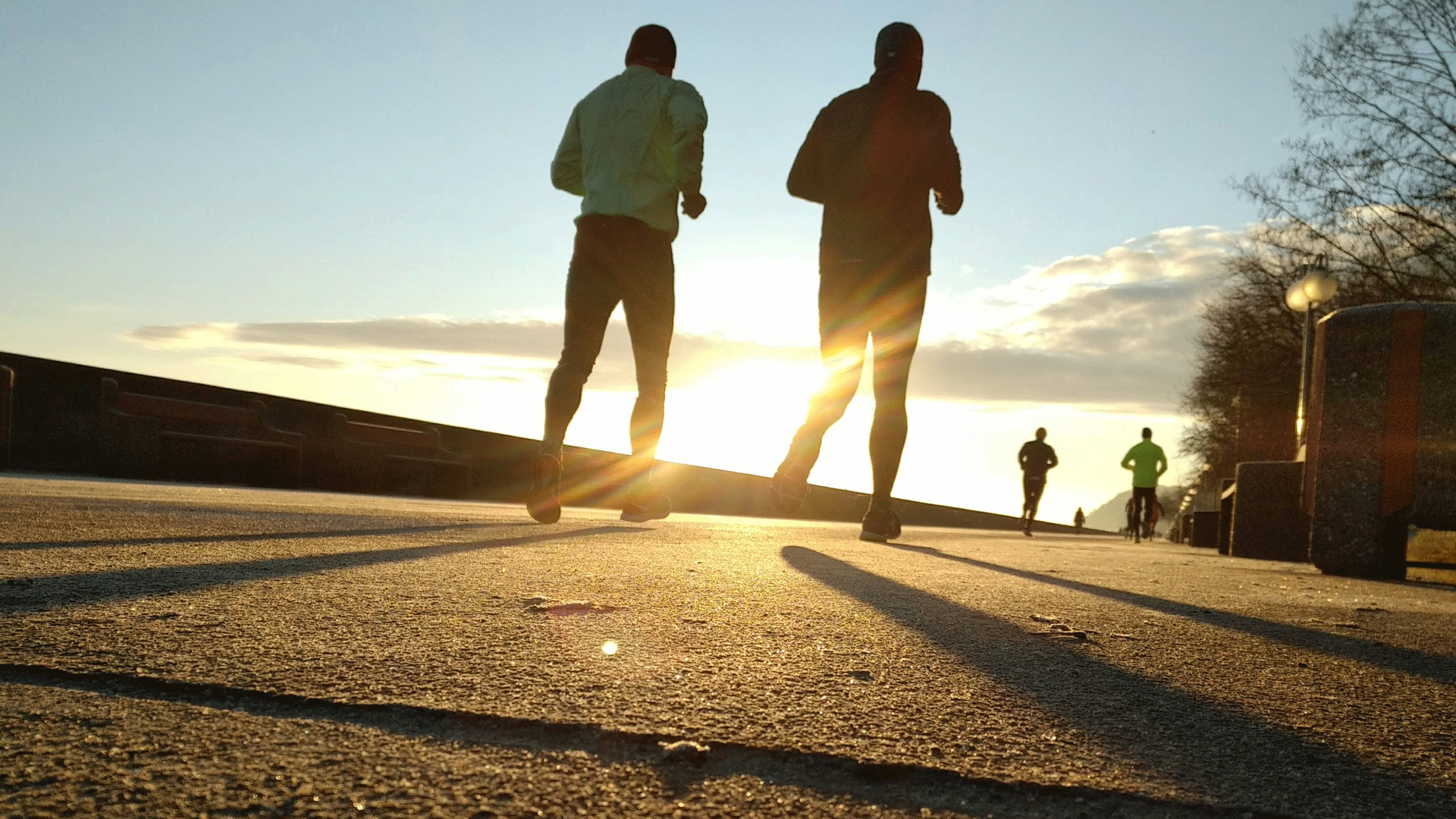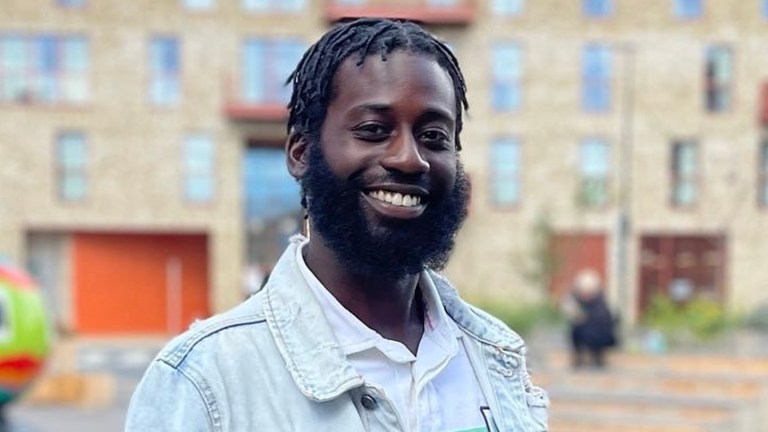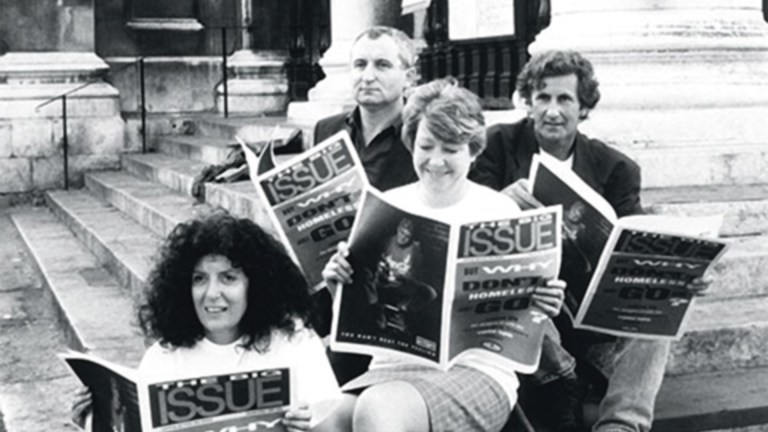I’ve been through phases where I couldn’t stop running. Up and down the Thames for endless miles, panting and spluttering along the way while my headphones pumped disco music into my ears and sweat dripped from my brow. I must have looked a right tit.
Running was a hobby, then a habit, then teetered on the edge of becoming an addiction. Years of therapy have taught me that’s just how I respond to anything remotely pleasurable: I gorge on it until I am sick and then, eventually, I ruin it for myself. Just as it was with booze and drugs, so it was with running.
After getting sober in 2015, exercise became my all-too predictable methadone. It provided endorphins and distraction which, I figured, was what I needed. In fact, I should have been learning to cope with life like a grown up, without recourse to such comfort blankets. We all need to confront the ups and downs of being human head on. I didn’t understand that at the time so I kept on running until I got injured or ill or too exhausted to keep going.
Get the latest news and insight into how the Big Issue magazine is made by signing up for the Inside Big Issue newsletter
This cycle of excess and collapse went on for a couple of years before I learnt to calm it all down. I got a trainer, learned about different sorts of exercise and came to understand that rest and recuperation is just as important as the exercise itself. I used to get anxious and miserable whenever I had nothing to keep me busy. Now I regard stolen moments of inertia as precious and nourishing. I schedule them into my day and remind myself that napping or eating good food or drinking water is as physically beneficial as lifting weights in the gym or running on the treadmill for 45 minutes.
- How to make the perfect running playlist, according to science
- Olympics star Steve Cram: ‘TV’s thrilling but nothing else feels like winning a race’
My 12-year-old son told me he wanted to start running. Worryingly, he proposed all sorts of madcap goals: implausible speeds, barmy distances. I was concerned he might have inherited my addictive gene, so I steered him towards a more balanced approach: each day, we would run together. We would pay no attention to our speed or distance. We would start at a comfortable pace and, on the first day, would keep going for just 15 minutes. Almost anyone can do that. The next day we’d run for 16 minutes. And continue to add an extra minute every day. An extra minute of running is almost imperceptible. But if you keep at it, before you know it you’re running half an hour non stop. And without even trying, you are running faster because your body has adapted.











